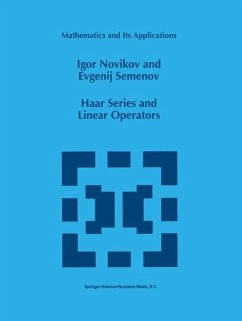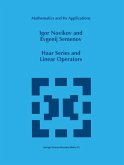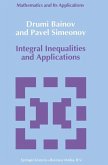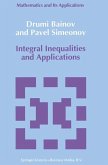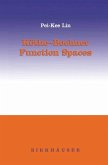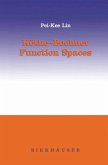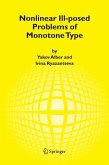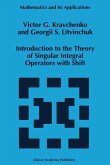In 1909 Alfred Haar introduced into analysis a remarkable system which bears his name. The Haar system is a complete orthonormal system on [0,1] and the Fourier-Haar series for arbitrary continuous function converges uniformly to this function.
This volume is devoted to the investigation of the Haar system from the operator theory point of view. The main subjects treated are: classical results on unconditional convergence of the Haar series in modern presentation; Fourier-Haar coefficients; reproducibility; martingales; monotone bases in rearrangement invariant spaces; rearrangements and multipliers with respect to the Haar system; subspaces generated by subsequences of the Haar system; the criterion of equivalence of the Haar and Franklin systems.
Audience: This book will be of interest to graduate students and researchers whose work involves functional analysis and operator theory.
This volume is devoted to the investigation of the Haar system from the operator theory point of view. The main subjects treated are: classical results on unconditional convergence of the Haar series in modern presentation; Fourier-Haar coefficients; reproducibility; martingales; monotone bases in rearrangement invariant spaces; rearrangements and multipliers with respect to the Haar system; subspaces generated by subsequences of the Haar system; the criterion of equivalence of the Haar and Franklin systems.
Audience: This book will be of interest to graduate students and researchers whose work involves functional analysis and operator theory.
` ... this book will prove useful to the specialist. The reviewer is happy to put it on his shelf along with the other references in dyadic harmonic analysis. He plans to use it when the need arises.'
Mathematical Reviews, 98h
Mathematical Reviews, 98h
` ... this book will prove useful to the specialist. The reviewer is happy to put it on his shelf along with the other references in dyadic harmonic analysis. He plans to use it when the need arises.'
Mathematical Reviews, 98h
Mathematical Reviews, 98h

